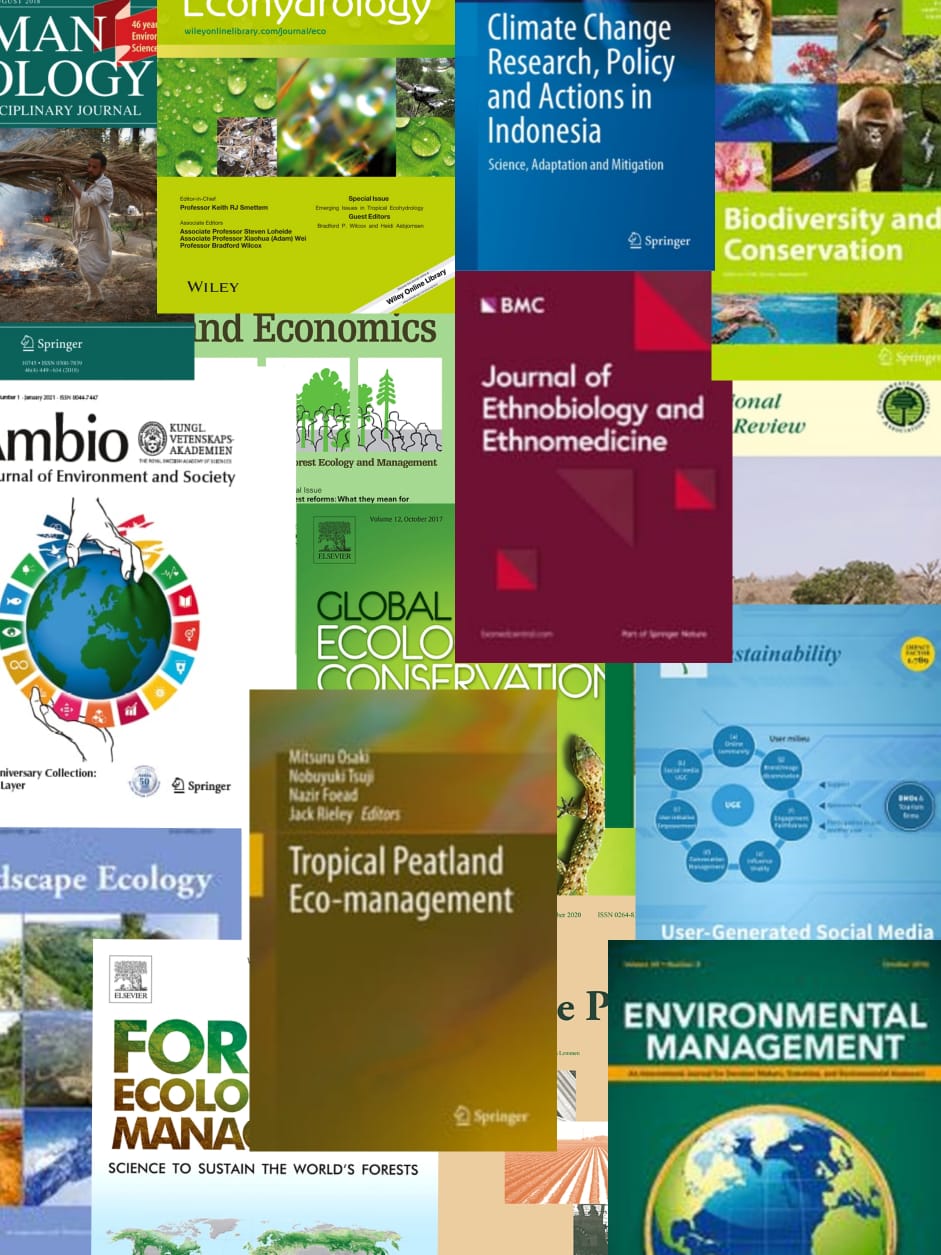Agricultural residue is a major raw material for renewable energy production, particularly heat production, in Thailand. Meanwhile, the process-based residue, such as bagasse, rice husk, wood residue, palm fiber, palm shell, and saw dust, is used as a fuel for energy production in the agro-industry. Hence, this study is intended to assess the net potential and capacity of alternative agricultural residues, specifically rice straws, to serve as the supplementary fuel for very small power plants (VSPPs) in Thailand. According to the results obtained during the crop season of 2015/2016, approximately 26 Mt of rice straws were generated upon the harvesting process. The net potential of rice straws, including those that were burned and those that were left in the fields, was only about 15% or 3.85 Mt, which could be used for heat and electricity production at 1331 kilotons of oil equivalent (ktoe) or 457 MWe. As agro-residues vary by seasonality, the peak season of rice straws was in November, where approximately 1.64 Mt (43%) were generated, followed by December, at 1.32 Mt (34%). On the basis of the results, rice straw has the potential to serve as a fuel supply for VSPPs at 14.2%, 21.6%, 26.3%, and 29.0% for the radii of compilation at 24, 36, 48 km and 60 km, respectively.
View source

